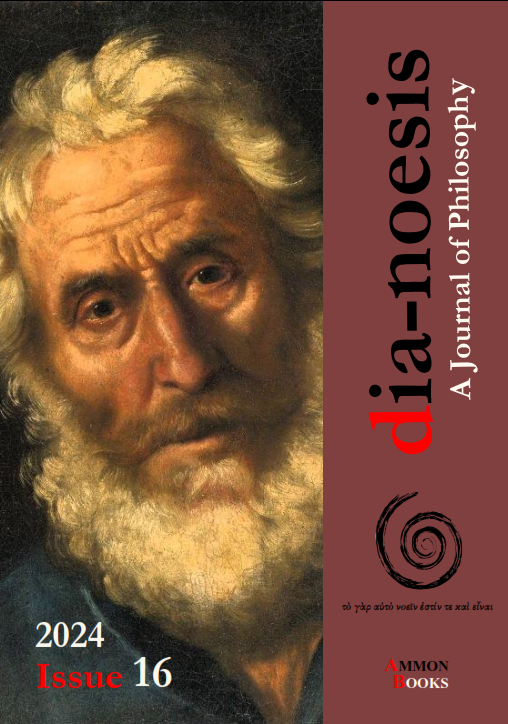Rivers, Tides and Currents A Note on The History of Ancient Hydrology

Abstract
Ideally, natural scientific theories, even the most speculative ones, need empirical confirmation, which, however, is not always possible and, even when achieved, cannot always be correctly interpreted. Moreover, as practical experience accumulates, the investigators of nature with more reason reject the least successful theories, and obtain new confirmations for the most successful ones. This is the way science works, both in modern times and in antiquity. Applied to the history of ancient hydrology, this means that we can trace the development of natural scientific ideas from early thinkers such as Thales, Empedocles, Diogenes of Apollonia, Plato,v and Aristotle, to the Roman and early Byzantine period, represented by encyclopaedic authors such as Posidonius, Seneca, Strabo, and Alexander of Aphrodisias. As a result, we will see not only the evolution of natural scientific ideas, but also, in some cases, we will be able to assess the methodological and empirical acceptability of the physical ideas of late antiquity, which emerged as a result of the trial and error of ancient naturalists and their long reflection on the riddles of nature. In general, the article is devoted to the ancient concept of the circulation of water in nature. In its first part special attention is given to an analogy between natural phenomena and the processes occurring in living organisms, common to our philosophers of nature, as well as the peculiarities of their interpretation of the theory of mutual transformation of the elements. We note the place of the method of analogy in their observations and theoretical constructions. The second part of the article is dedicated to tides and sea currents. We look at the history of their observation in antiquity as well as alternative theories, designed to explain their nature. Special attention is given to ancient explanation of the phenomenon of the periodical change of the stream in Euripus’ channel (Chalkida, Greece).
Article Details
- How to Cite
-
Afonasin, E. (2024). Rivers, Tides and Currents: A Note on The History of Ancient Hydrology. Dia-Noesis: A Journal of Philosophy, 16, 29–54. https://doi.org/10.12681/dia.39531
- Section
- Articles


